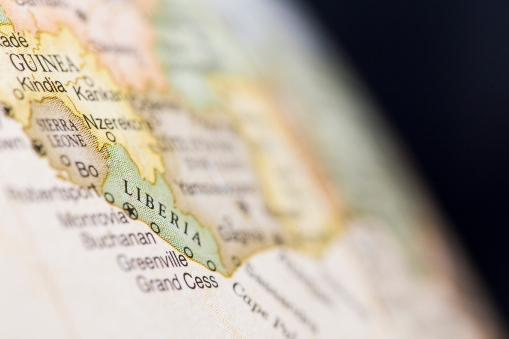Almost 2 months after it was declared free of Ebola and 3 months after its last case, Liberian health officials yesterday reported a new case involving a 17-year-old boy whose illness wasn't detected until he died, according to media reports.
Though global health officials have praised Liberia's progress against Ebola, they had warned that its Ebola-free status was fragile, given ongoing disease activity in neighboring Guinea and Sierra Leone.
Liberia's latest case, however, occurred in a part of the country that's not near the border with either country, raising concerns about where the virus came from and why it wasn't detected until the boy died.
Ebola deaths occurring in the community are always worrisome, because they reveal that the patient wasn't isolated and treated, posing a threat to the community. Also, Ebola patients are thought to be most infectious at the latest stages of illness, especially at death.
Case details
Tolbert Nyenswah, MPH, Liberia's deputy health minister and head of the country's Ebola response team, said the boy died at his home in the Margibi County village of Nedowein and was buried safety, the Associated Press (AP) reported today.
He told AllAfrica news that the boy got sick on Jun 21, and Nyenswah said in the AP report that the boy died on Jun 28. The report said the village is remote, but the AP report noted that the area is about 30 miles south of Monrovia, not far from its international airport.
So far 27 people are on the contact list, and officials have beefed up surveillance in the area, AllAfrica reported.
Authorities have quarantined two households and food is being sent to the residences, according to the AP.
Remaining Ebola threats
The World Health Organization declared Liberia free of Ebola on May 9, two incubation periods after the country's last case-patient was buried.
The country's last case was a Monrovia-area woman who died on Mar 28 and was thought to have contracted the disease from sexual contact with an Ebola survivor. Scientists suspect that after patients recover, the Ebola virus can persist much longer in semen and in immune-protected organs such as the eyes.
Progress against the virus in Guinea and Sierra Leone has stalled over the past several weeks, averaging about 20 to 27 cases per week. Responders are still seeing infections in people who aren't on known contact lists and in people who die in community settings, two markers that show the virus isn't under control.
The United Nations Mission for Ebola Emergency Response (UNMEER), in Twitter posts acknowledging Liberia's new case today, saying the country has the capacity to contain the new case, but it remains vulnerable until cases in all of the region's countries reach zero.
It added that responders are stepping up safety and surveillance activities in Liberia.
Liberia would be declared Ebola free again once two disease-free incubation periods pass—a total of 42 days—from the time its last confirmed case-patient was buried.
See also:
Jun 30 AP story
Jun 29 AllAfrica story
UNMEER Twitter feed



















